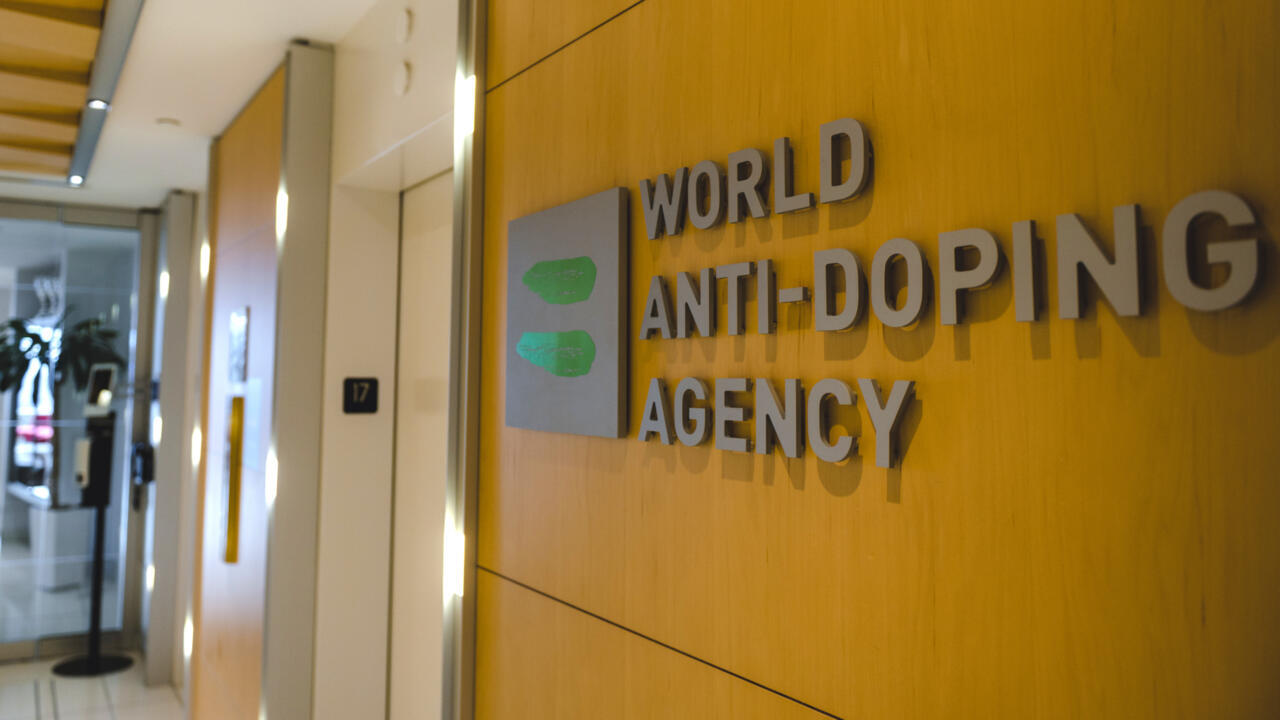The World Anti-Doping Agency (WADA) is examining the potential effects of repeated carbon monoxide (CO) exposure through rebreathers, amid growing concerns about its potential misuse in athletic performance enhancement.
Carbon monoxide rebreathing is primarily used to measure haemoglobin mass, a key indicator of an athlete’s exercise capacity. While the method involves low CO exposure and is not currently classified as performance-enhancing, suggestions have emerged that repeated inhalation could be exploited to improve athletic outcomes.
Cycling Union Raises Concerns
The issue gained prominence earlier this week when the International Cycling Union (UCI) advised teams and riders to avoid frequent carbon monoxide inhalation. UCI also urged WADA to clarify its stance on the use of CO, which is not listed among prohibited substances.
In response, WADA confirmed that its Prohibited List Expert Advisory Group has debated CO exposure on several occasions. “There is no general consensus on whether carbon monoxide can enhance performance, and no sufficiently robust data currently supports that proposition,” WADA stated.
Investigating Health Risks and Performance Impact
WADA noted that the small amounts of CO used to measure haemoglobin mass are not believed to enhance athletic performance. However, the agency is investigating whether frequent and repeated use of carbon monoxide rebreathing could artificially influence the uptake, transport, or delivery of oxygen, a criterion for inclusion on its list of prohibited methods.
“In any event, it is generally acknowledged that repeated CO exposure can be dangerous to health, so it would not be recommended,” WADA added, emphasizing potential health risks over performance considerations.
Looking Ahead
While WADA continues its evaluation, athletes and teams are encouraged to exercise caution with methods involving carbon monoxide. The outcome of this investigation could shape future guidelines and determine whether CO rebreathing will face stricter regulations within professional sports.
The debate underscores the fine line between monitoring and enhancing performance, reaffirming WADA’s commitment to safeguarding athlete health and the integrity of competition.




